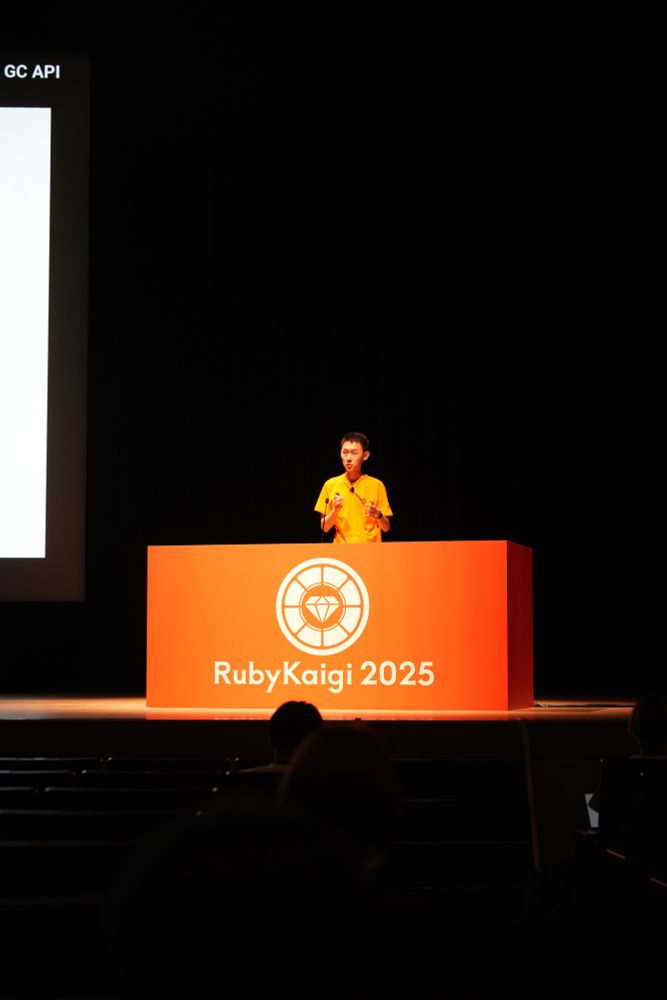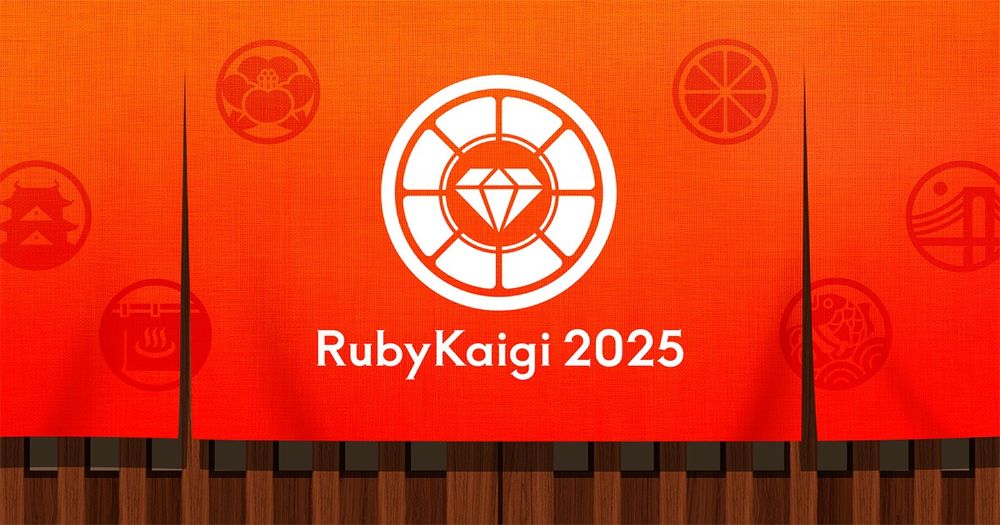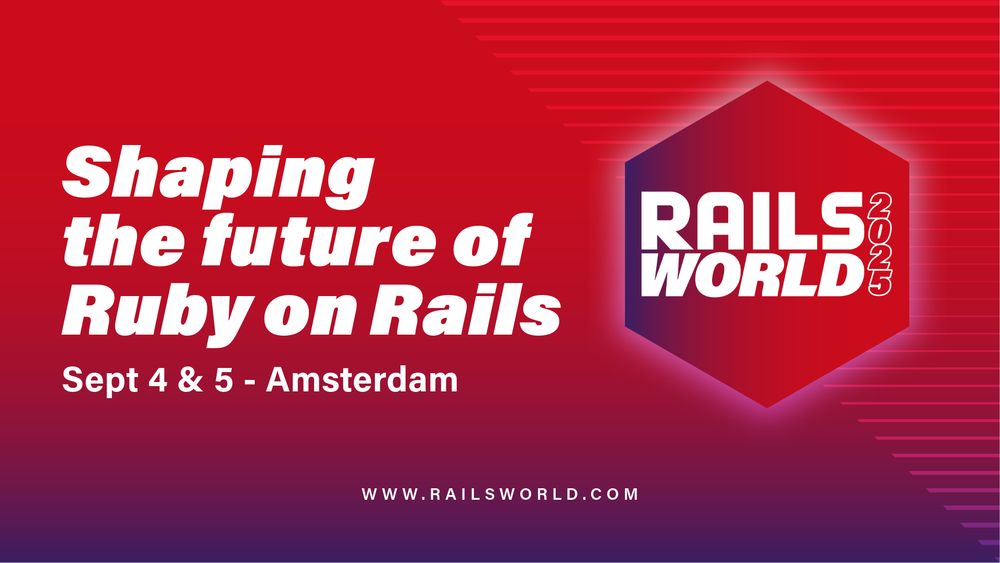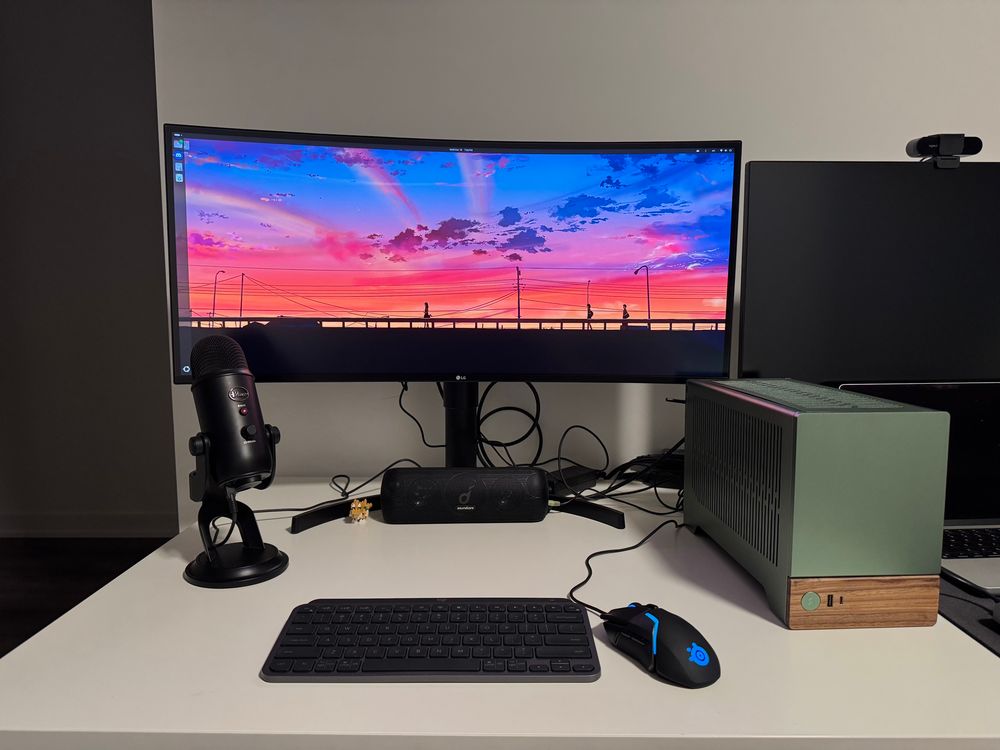Ruby core committer.
Photography geek.
Mastodon: @[email protected]
Instagram: @peterzhu.photos
byroot.github.io/opensource/r...
byroot.github.io/opensource/r...
In the past 5 years, I had the privilege of working on some cutting edge projects to advance Ruby with some of the most talented and well-known developers.
Shopify will always have a very special place in my heart.
In the past 5 years, I had the privilege of working on some cutting edge projects to advance Ruby with some of the most talented and well-known developers.
Shopify will always have a very special place in my heart.




railsatscale.com/2025-06-03-i...

railsatscale.com/2025-06-03-i...
⚙️ Features the current Ruby GC lacks
🔄 Implementation of the Modular GC feature in Ruby 3.4
🔨 What MMTk is and the integration with Modular GC
The recording will be up in a few months!

⚙️ Features the current Ruby GC lacks
🔄 Implementation of the Modular GC feature in Ruby 3.4
🔨 What MMTk is and the integration with Modular GC
The recording will be up in a few months!
We’re also hiring Ruby and Rails developers at Shopify! www.shopify.com/careers
We’re also hiring Ruby and Rails developers at Shopify! www.shopify.com/careers

See you on Matsuyama!
See you on Matsuyama!
Ruby 3.4 ships with Modular GC, an experimental feature we're actively working on. Modular GC provides an API for GC implementations and allows you to switch garbage collectors at boot time. For more details, see github.com/ruby/ruby/bl...
Ruby 3.4 ships with Modular GC, an experimental feature we're actively working on. Modular GC provides an API for GC implementations and allows you to switch garbage collectors at boot time. For more details, see github.com/ruby/ruby/bl...







